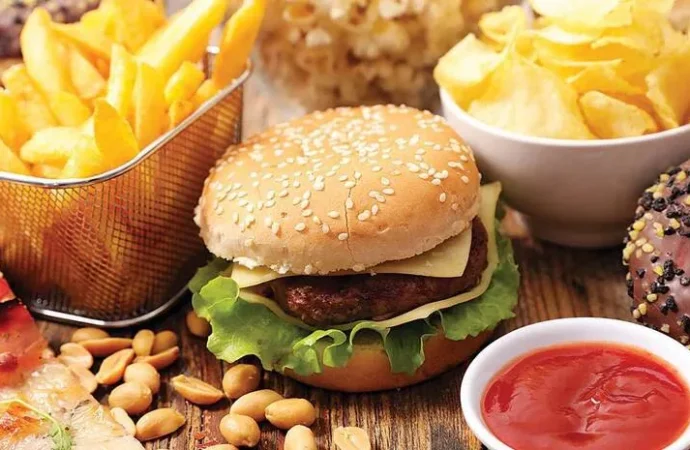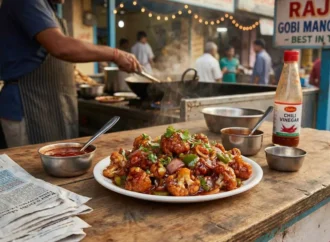Overview
On any busy Friday evening in Kerala, it is easy to see how dramatically young people’s eating habits have shifted. Fast-food outlets overflow with crowds, cafés buzz with selfies and social chatter, and delivery bikes race through traffic carrying steaming parcels. This speed-driven food culture, while convenient and visually appealing, poses serious concerns for food safety and long-term health.
Multinational fast-food chains, aggressive social media promotion, and the rise of delivery apps have transformed eating from simple nourishment into a lifestyle statement. Fast foods now fit seamlessly into hectic, digitally driven routines by offering instant satisfaction, affordability, and a sense of belonging — yet it comes at a significant cost to public health and food safety.
Hidden Health and Food Safety Risks
Fast foods typically come loaded with excess sodium, unhealthy fats, refined sugars, and preservatives, which can turn them into ticking time bombs for your health. Growing rates of obesity, early diabetes, PCOD, digestive problems, and chronic fatigue among Kerala youth highlight the impact of these choices. A diet dominated by processed fast foods lacks vital nutrients like vitamins, minerals, and dietary fibre. Teenagers are increasingly skipping balanced, home-cooked meals for sugary drinks and packaged snacks, putting their health at risk.
Mental Well-Being at Stake
Studies link fast-food-heavy diets to higher rates of depression and anxiety. Low energy, poor sleep, and difficulty focusing are often traced back to nutrient-poor eating patterns. As global fast-food menus take over, Kerala’s traditional cooking skills and dietary wisdom are disappearing. This not only threatens food culture but also weakens food safety knowledge that was traditionally passed down through families.
Why Youth Gravitate Toward Fast Food
- Time Constraints: Busy schedules push cooking to the sidelines.
- Digital Seduction: Food delivery apps and influencer marketing increase temptation.
- Addictive Flavours: High salt, sugar, and fat keep people coming back for more.
- Peer Trends: Keeping up with trending foods and the fear of missing out drives choices.
Smart Steps for Health-Conscious Eaters
- Practice Mindful Eating — Slow down, focus on food, and avoid screens while eating.
- Choose Healthier Alternatives — Swap fried for grilled, try whole grains, or experiment with millet-based dishes.
- Build Cooking Confidence — Learn even basic skills to take back control of what goes on your plate.
- Promote Food Literacy — Support nutrition education in schools to help the next generation make informed choices.
Source: Mathrubhumi
 Food Manifest
Food Manifest 


















